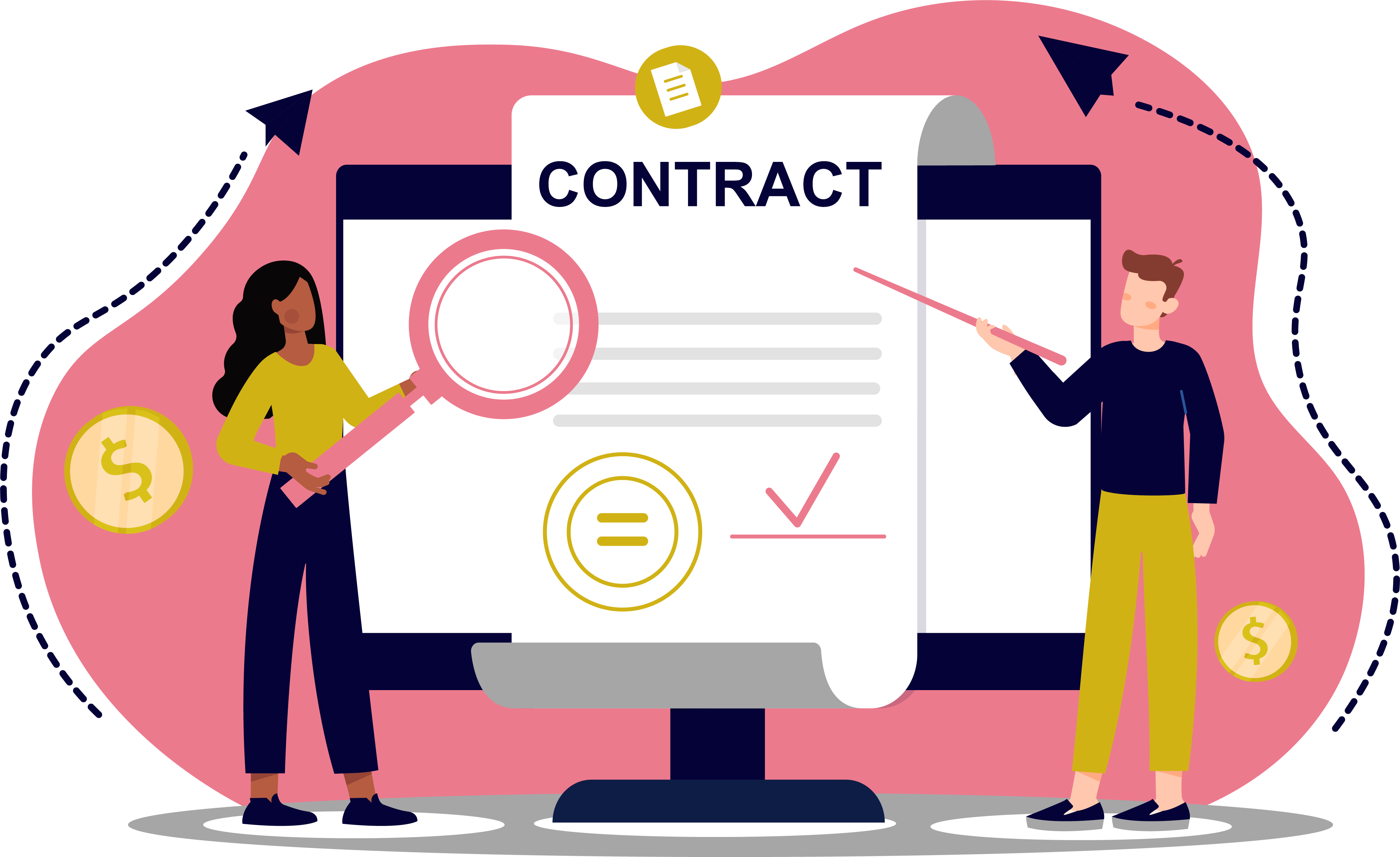
For this edition of debunking Visas myths, we bring you 5 common myths around visas and permits to live and work in the Netherlands.
1. “I can relocate my non-European workers to the Netherlands without extra steps.“
It is not that simple!. Moving your company to the Netherlands does not necessarily mean you can bring in all your non-European staff immediately.
You have to apply to become a sponsor. This means that you must be a “reliable partner for the Immigration and Naturalisation Service (IND)”. This recognition is mandatory to obtain highly skilled migrant visas for your employees.
Exceptions may apply depending on the nationality of the employee, or the type of work to be conducted.
Obtaining this recognition has great advantages, such as much faster visa application processes, less documents are needed for application requests, unlimited visa applications, etc. However, the application fee can be substantial and there is no guarantee that you will obtain the recognition, as the IND has the final decision.
But don’t worry, at Octagon we can help you. As an IND-recognised sponsor, we offer payrolling services for the hiring of your non-European staff who meet the criteria of a highly skilled migrant.
2. “I don’t need to apply for an entry visa if I want to obtain a residence permit to live in The Netherlands.”
In most cases, it is necessary to obtain a long-term entry visa. This entry visa is the MVV (machtiging tot voorlopig verblijf) or Provisional residence permit. You need this MVV visa to be able to travel to the Netherlands to collect your residence permit.
Some exceptions apply depending on your country of origin. If you have a residence permit in another EU country. If your partner or family member has EU or Swiss nationality, but not Dutch, etc. Do any of these apply to you? Then you might be able to skip this step.
3. “To be eligible for the ‘reduced salary criteria’ for highly skilled migrants, a company must apply for it during the employees ‘orientation year’.”
Not so fast, this is not completely true! The reduced salary criterion offered in the orientation year for a highly skilled migrant graduate still applies after the orientation year has passed, even if the employee changes companies or reaches the age of 30, the new employer can also make use of this criterion.
Please note that this criterion is applicable only if the highly-skilled migrant is continuously employed.
4. “I can work if I am coming to the Netherlands with my partner for their studies“
Again, it depends. If you come to live with your partner during their bachelor’s or master’s studies, you cannot work, as the Netherlands restricts foreign students from working for more than 16 hours per week. Therefore, you will need to independently apply for your work permit. This permit, known as the “tewerkstellingsvergunning” (TWV), is usually obtained through an employer’s application process.
The exception to the rule is when we are talking about a Ph.D. In this case, the student status changes to that of a paid or unpaid researcher or Ph.D. candidate. The Ph.D. residence permit includes a work permit, which is also extended to the partner or family members, granting them permission to work in the Dutch labor market.
5. “I have to get married or register in a partnership to get a partnership visa“
This is one of the most common myths in the world of visas and residence permits all around the world. Although it depends on the regulation of each country, we are going to talk about what applies to the Netherlands.
Being married or in a registered relationship is not a requirement to come and live with your partner in the Netherlands. As long as you have a long-term exclusive relationship with your partner, you can apply for a residence permit.
However, you should be aware that this does not make the process any easier. The IND is very strict and will thoroughly check the veracity of the documents and evidence submitted. You have to attach extra documentation including a declaration of relationship form. This form includes very specific and personal questions, so be prepared to share your personal life in detail.
Contact us!
Are you interested in hiring international professionals but not sure about Dutch immigration law? Our HR expert team can help you with all visa and permit-related questions when hiring external talents. Contact us!
more news

What permit do non-EU professionals need to work in the Netherlands?
18-08-23
Are you looking to move and work in the Netherlands? We understand, there are a multitude of reasons that drive international professionals to come here to find work. The multicultural society, the high level and density of English proficiency, the ...

Temporary & permanent contracts in the Netherlands
10-08-23
In the Netherlands, there are a variety of contracts to suit the needs of each business. The most common hiring procedure consists in offering a temporary or permanent contract depending on what the company requires. Below you will find a ...